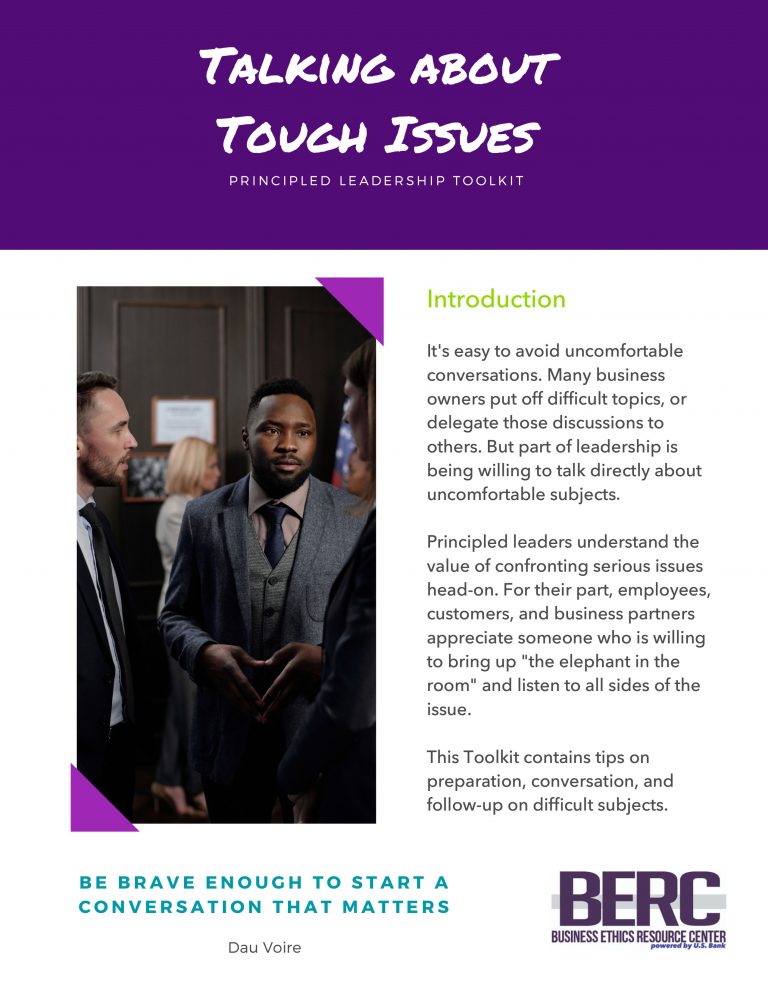Successful businesses need to foster ethics and performance.
Have you ever taken the high road and ended up looking down on someone who didn’t? That feeling of moral superiority is easy to latch onto and is a more common trait than most of us would like to believe. In a study performed at the University of London, Ben Tappin and Ryan McKay found that most people strongly believe they are virtuous and moral, yet simultaneously regard the average person as significantly less so.
This self-righteousness can be damaging to personal relationships. According to Tappin and McKay, it reduces a person’s willingness to cooperate, often driving them to confrontation instead. This phenomenon becomes an even bigger detriment in a work environment, where teamwork is often necessary for success.
At work, these feelings are often augmented by power dynamics. A recent study published in the Journal of Business Ethics at Baylor University suggests that when we judge someone as a “less ethical” coworker than ourselves, we have heightened feelings of negative emotions about that person and the world at large.

Taken together, these two studies suggest a conundrum for managers and business leaders committed to building a culture of ethics.
What are the consequences?
In the Baylor study, a total of 741 people were split into two groups; the first rated members of the other group on ethics and performance. Perhaps the most interesting thing the team discovered with their data was that ethics and performance are inherently linked. Employees who saw themselves as more ethical, but that ranked low in performance, were much more likely to lash out at coworkers seen as less ethical but higher performing.
There’s also the moral licensing effect to consider–an idea that reinforces this unethical behavior between co-workers. Research demonstrates that people who rate themselves as highly ethical may take a “loan” on their morality, feeling less bad about the consequences of immoral behavior because of their positive self-image.
In aggregate, these phenomena create a feedback loop that can be damaging to company culture and lead to a less ethical workplace–leading to a group of employees who feel above the moral average but actually end up beneath it.
What can we do?
“The managerial implication is that we need to create environments where ethics and performance are both rewarded,” said lead author Matthew Quade in a recent interview with Baylor.
In practice, this means finding ways to promote a balance that rewards positive behavior while making sure to set a minimum level of performance. Progressive companies have already begun working ethics appraisals into their employee performance reviews in an effort to encourage growth in both categories. Incentives like this promote an environment where active listening and speaking up are the norm, and mission-positive, successful employees flourish.
This article originally appeared on U.S. Bank’s Financial IQ site.Used by kind permission of U.S. Bank.



Recent Comments